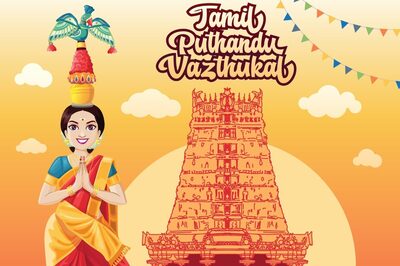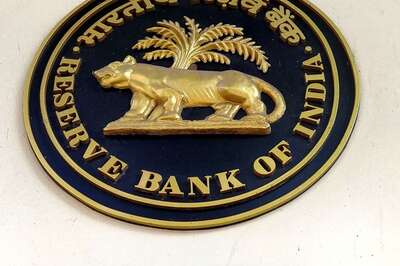
views
The holy day of Varuthini Ekadashi, also known as Baruthani Ekadashi, is celebrated annually on the 11th lunar day (ekadashi) in the Krishna Paksha of Vaishakha month according to North Indian Purnimant calendar and Krishna Paksha of Chaitra month according to South Indian Amavasyant calendar.
The significance of Varuthini Ekadashi is explained by Lord Krishna to the King Yudhishthira in the Bhavishya Purana.
"… it awards one greatly intrinsic fortune, both in this life and the next. By following the vow of Ekadasi one obtains perpetual happiness and his sinful reactions dwindle as of a diminuendo. By following such a vow an unfortunate wife grows fortunate, a lame man may leap and a blind man see. A human being attains prosperity in this life and the next, and even without realising so; an animal may be liberated from the cycle of birth and death. Many saintly kings such as Dhundhumara and Jambhudra became liberated by following this delectable and most transcendent of days… Varunthini Ekadasi."
It is believed that whoever observes a complete fast on Varuthini Ekadashi has their sins forgiven and achieves happiness and good fortune.
How is Varuthini Ekadashi Observed
Devotees worship Lord Vishnu, particularly his fifth avatar Vamana on Varuthini Ekadashi. All-night vigils and prayers, singing of devotional songs and hymns alongside family members are also integral parts of the sacred day. Devotees also abstain from sexual activity, speaking ill of others, eating meat, masura gram, chickpea, spinach, honey, or eating more than necessary, from the day before Ekadashi.




















Comments
0 comment